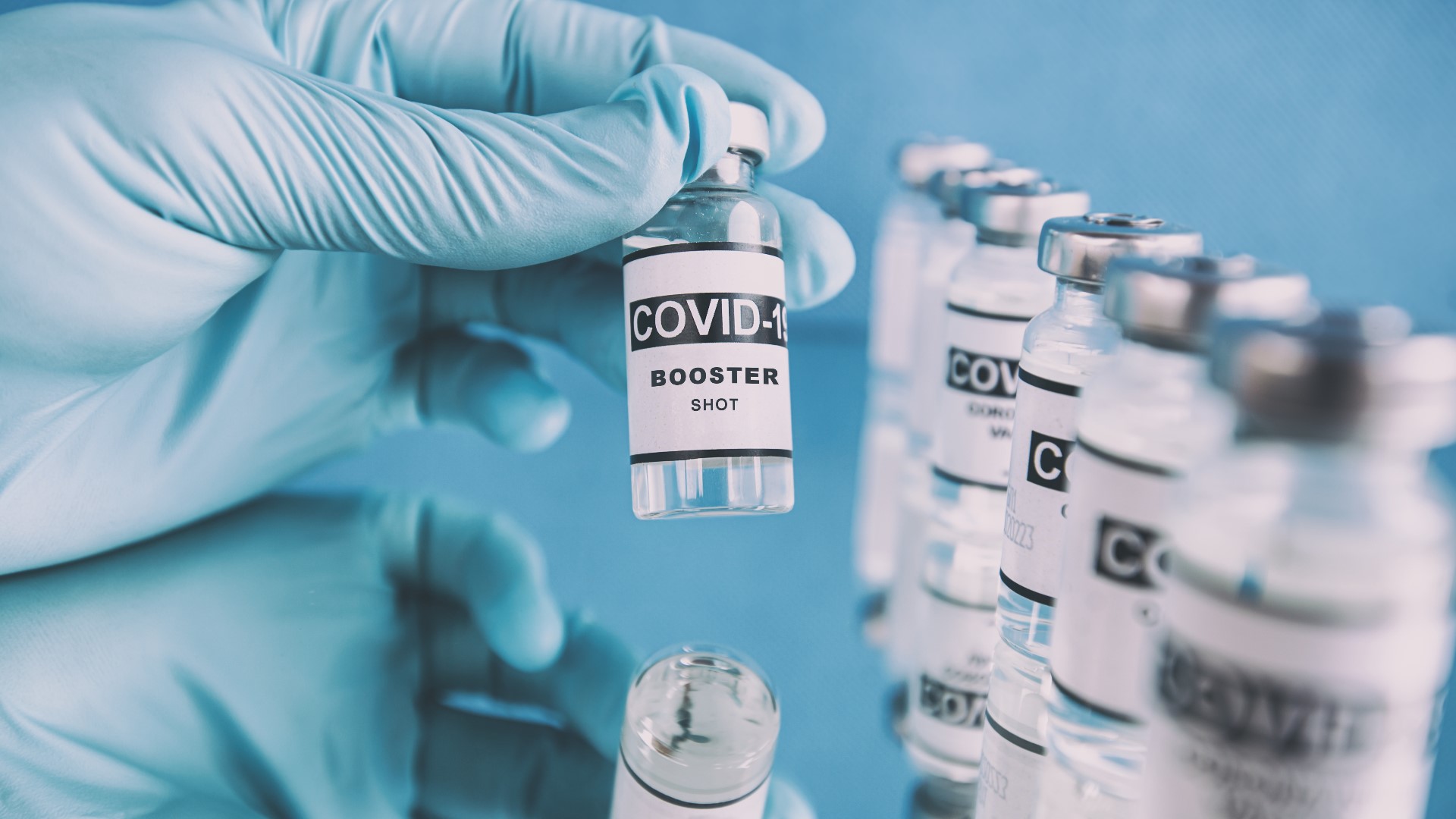CHARLOTTE, N.C. — Since COVID-19 vaccines became available more than a year ago, there have been questions about the safety of the shots and concerns about possible side effects, including myocarditis.
There have been several claims on social media that say the COVID-19 vaccine causes more heart issues than actually contracting the virus. Myocarditis, inflammation of the heart muscle, is one of the more prevalent heart issues seen in people who have taken the COVID-19 vaccine. But just how common is it?
THE QUESTION
Is it more common to get myocarditis from the vaccine than the COVID-19 virus?
OUR SOURCES
THE ANSWER
No, it is not more common to get myocarditis from the vaccine than from the COVID-19 virus itself. In fact, doctors say it's the other way around. You're far more likely to get myocarditis if you've been infected with COVID-19.
WHAT WE FOUND
Cardiologist Dr. Payal Kohli said myocarditis is the most prevalent heart issue they see in patients who have had COVID-19 or received an mRNA-based COVID-19 vaccine.
First off, exactly what is myocarditis? Kohli said it's a virus that can affect the heart muscle and cause inflammation.
Both Kohli and Robinson say they have rarely seen myocarditis in patients who have received the COVID-19 vaccine.
"We do know that a very small portion of patients, the demographic being generally young men," Kohli said. "We have seen this most often in teens, young males more. It is something that is rare."
Based on a Dec. 2021 study, pre-COVID, there were an estimated 1 to 10 cases of myocarditis per 100,000 people every year.
Vaccine-related myocarditis has been reported in up to five cases per 100,000 people. It appears the vaccine may elevate myocarditis risk slightly. The rate of direct COVID-associated myocarditis is estimated to be 1,000 to 1,400 per 100,000 people. The risk of getting myocarditis from catching COVID-19 is hundreds of times higher than the risk from vaccines.
"Even at the highest risk level, even with the highest risk demographic, the chance of you getting myocarditis from the booster is far less, many magnitudes less, of you getting myocarditis from COVID-19," Kohli said.
A study posted in the New England Journal of Medicine found that young men have the highest incidence. After receiving the second COVID-19 mRNA dose, those rates were about 10 to 13 cases per 100,000.
"The American Heart Association wholeheartedly endorses giving boosters even with those patients who have pre-existing heart conditions because that risk-benefit really favors giving the booster," Kohli said.
Kohli and Robinson said anyone who feels chest pains, heart palpitations, or shortness of breath should check with their doctor immediately.
RELATED: Yes, heart inflammation after COVID-19 vaccination has been reported more in boys and young men
Contact Meghan Bragg at mbragg@wcnc.com and follow her on Facebook, Twitter and Instagram.
VERIFY is dedicated to helping the public distinguish between true and false information. The VERIFY team, with help from questions submitted by the audience, tracks the spread of stories or claims that need clarification or correction. Have something you want VERIFIED? Text us at 704-329-3600 or visit /verify.

